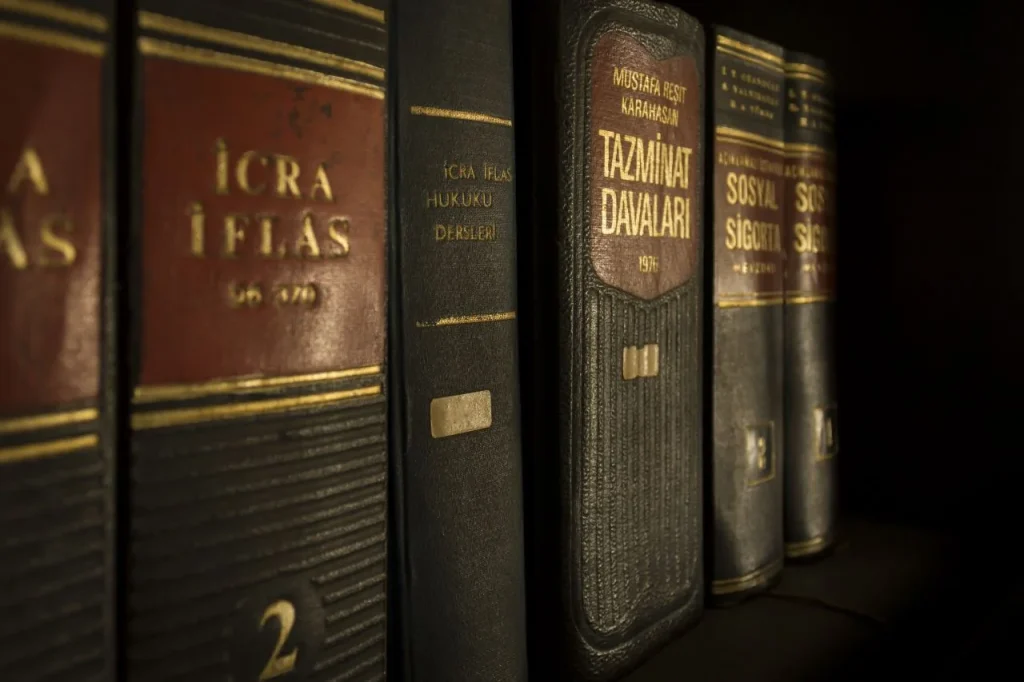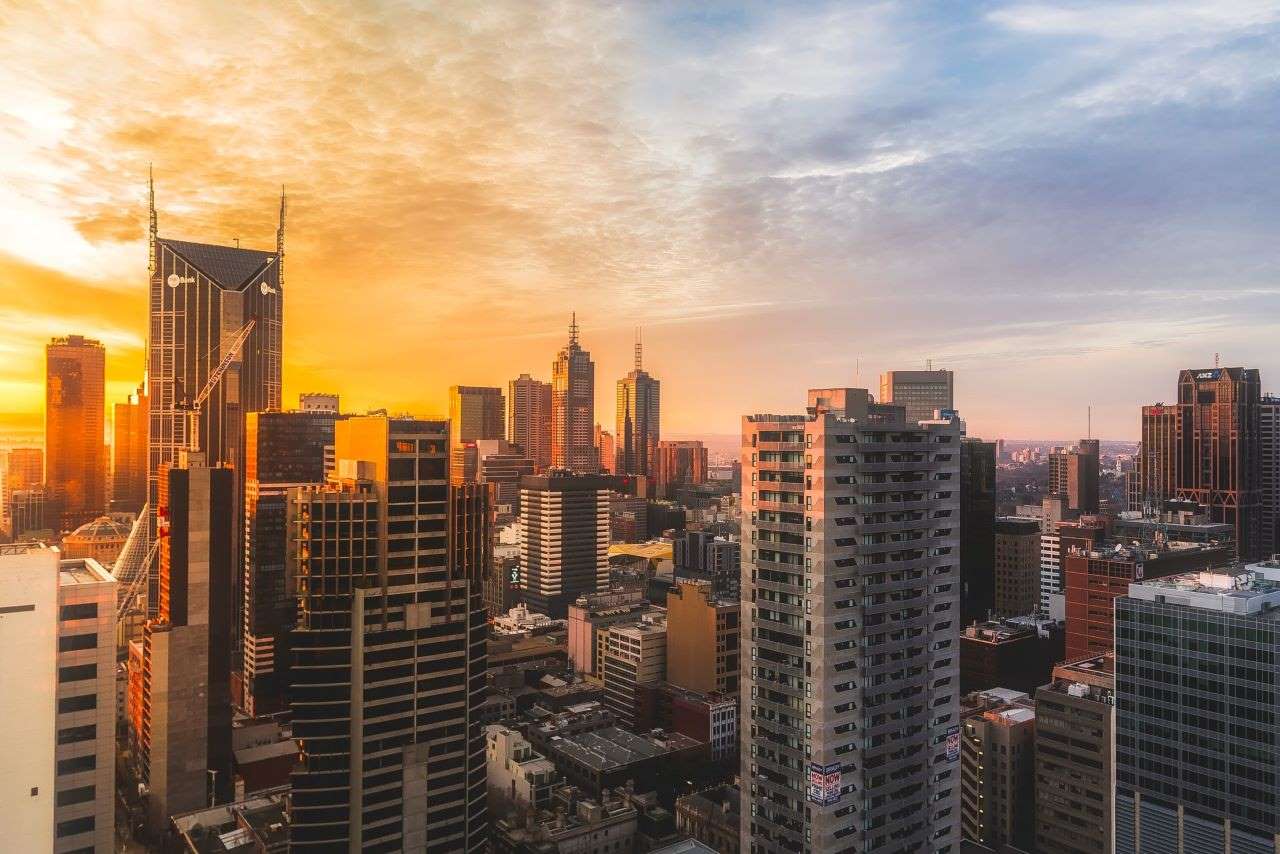The real estate industry is a critical sector in the Philippines, playing a significant role in the country’s economic growth and development. The government recognizes this importance and has implemented various initiatives to boost the industry’s growth, including the Real Estate Investment Trust (REIT) law.
The REIT law was signed in 2009 but only recently implemented, with the first REIT listing taking place in August 2020. The law aims to attract more investors by allowing them to invest in income-generating real estate projects through publicly listed companies.
Under the REIT law, a real estate developer can transfer its income-generating assets, such as office buildings, malls, and hotels, to a REIT company. This company will then be publicly listed and can generate capital through the sale of shares to the public. The funds raised will be used to acquire additional real estate assets, which will generate rental income and increase the value of the company.
The benefits of REITs for investors are many. REITs provide an opportunity for investors to own a part of high-value real estate assets that would otherwise be inaccessible. They also offer diversification, as investments can be spread across various real estate sectors and locations. REITs also provide a steady stream of income, as they are required to distribute at least 90% of their income to shareholders in the form of dividends.
For real estate developers, REITs offer an opportunity to access a new source of capital, which can be used to fund new developments or pay off existing debt. REITs can also improve the liquidity of a company’s assets, making it easier to buy and sell properties.
The REIT law is just one of several government initiatives aimed at boosting the real estate industry in the Philippines. Other initiatives include:

The Comprehensive Agrarian Reform Program (CARP)
This program aims to distribute land to farmers and promote sustainable agriculture. The program has also facilitated the development of residential and commercial properties on previously undeveloped land.
The Philippine Economic Zone Authority (PEZA)
This authority offers tax incentives to companies that invest in designated economic zones, which can include real estate projects.
The Build, Build, Build Program
This infrastructure development program aims to improve transportation, communication, and other critical infrastructure to support economic growth. This program is expected to generate demand for real estate development, especially in areas that will benefit from new infrastructure projects.
The One-Stop Shop for Investors

This initiative provides a streamlined process for investors to obtain permits and clearances required for real estate development. The one-stop-shop system aims to reduce red tape and improve the ease of doing business in the Philippines.
The Land Registration Authority
The Land Registration Authority (LRA) plays a crucial role in the real estate industry in the Philippines by providing a reliable and secure system for registering and transferring land titles. This helps to establish clear ownership and prevent fraudulent transactions, giving buyers and sellers greater confidence in their real estate transactions.
Bureau of Internal Revenue (BIR) – for the Capital Gains Tax
The Bureau of International Revenue is the agency responsible for handling the capital gains tax. It is a tax imposed on the gains presumed to have been realized by the seller from the sale, exchange, or other disposition of capital assets located in the Philippines, including real property. The BIR is tasked with the assessment, collection, and enforcement of this tax, and it also issues guidelines and regulations related to its implementation.
Furthermore, the LRA has also digitized its services through the Land Registration System (LRS), which allows for faster and more efficient processing of land transactions. This has greatly improved the overall ease of doing business in the real estate industry, making it more attractive for investors and developers.
These initiatives have been successful in attracting more investors to the real estate industry in the Philippines. In recent years, the industry has seen significant growth, with residential property sales continuing to rise despite challenges posed by the COVID-19 pandemic.
The government’s commitment to improving the real estate industry in the Philippines is a positive sign for investors and developers. With initiatives like the REIT law and the Build, Build, Build program, the industry is expected to continue to thrive and contribute to the country’s economic growth.
However, challenges still exist in the industry, such as the lack of affordable housing and the need for sustainable and environmentally-friendly real estate development. The government and private sector need to work together to address these challenges and ensure that the real estate industry in the Philippines remains vibrant and sustainable.

With this said, the government’s efforts to boost the real estate industry in the Philippines are not only beneficial for investors and developers but also for the overall economy of the country. The real estate industry has been a significant contributor to the country’s Gross Domestic Product (GDP) in recent years, and these government initiatives are expected to fuel further growth.
One of the significant benefits of government initiatives is that they provide access to new sources of capital, making it easier for developers to fund new projects and expand their portfolios. The REIT law, for example, has the potential to unlock billions of pesos in capital, which can be used to fund new developments and improve existing properties.
Moreover, the government’s infrastructure development program, Build, Build, Build, is expected to generate significant demand for real estate development, particularly in areas where new infrastructure projects are being developed. This program has the potential to create new economic opportunities in these areas, which will further drive demand for real estate.
Another significant benefit of the government’s initiatives is that they provide a streamlined process for obtaining permits and clearances for real estate development. The one-stop-shop system, for instance, has simplified the process of obtaining permits and clearances, reducing the bureaucratic hurdles that have traditionally hindered real estate development in the country.
The government’s efforts to boost the real estate industry in the Philippines are also aligned with the country’s Sustainable Development Goals (SDGs). The SDGs are a set of global goals that aim to address some of the world’s most pressing challenges, such as poverty, inequality, and climate change. The development of sustainable and environmentally-friendly real estate projects is critical to achieving these goals, and the government is actively promoting such projects in the country.
However, there are still challenges that need to be addressed in the real estate industry in the Philippines. One of the most pressing issues is the lack of affordable housing. The government must prioritize the development of affordable housing projects to address the country’s housing shortage and ensure that every Filipino has access to decent and affordable housing.
Another challenge is the need for sustainable and environmentally-friendly real estate development. The government must ensure that real estate projects are developed in a sustainable manner that minimizes their impact on the environment. Developers must also embrace sustainable development practices, such as the use of renewable energy sources and green building materials.
Law on Real Estate in the Philippines List:

In relation to the government initiatives that help the real estate industry, from the land acquisition of private land to governing real estate transactions, here is a list of real estate laws that every local and foreign investor of real estate.
Republic Act 9646 or the Real Estate Service Act (RESA)
This law regulates the practice of real estate services in the Philippines, including the licensure and registration of real estate brokers, appraisers, and consultants.
Republic Act 7279 or the Urban Development and Housing Act (UDHA)
This law aims to promote the development of urban areas and provide affordable housing to low-income families, among others. It also establishes the Housing and Urban Development Coordinating Council (HUDCC) to oversee its implementation.
Republic Act 6657 or the Comprehensive Agrarian Reform Law (CARL)
This law aims to redistribute agricultural lands to tenant farmers and regularize their tenurial status. It also provides for the creation of the Department of Agrarian Reform (DAR) to implement its provisions.

Presidential Decree 957 or the Subdivision and Condominium Buyer’s Protective Decree
This law protects the rights of buyers of subdivision and condominium projects by requiring developers to register their projects with the Housing and Land Use Regulatory Board (HLURB) and comply with certain requirements.
Republic Act 10023 or the Residential Free Patent Act
This law grants free patents to residential lands that are not yet titled, provided that certain conditions are met.
Republic Act No. 4726 (RA 4726) or the Condominium Act
The Condominium Act allows people to co-own land in addition to having full ownership of their condominium units. This statute also outlines the extent of their authority over the acquired unit. In order to prevent developers or sellers from taking advantage of them or deceiving them about their units, the rights of buyers are clearly defined.
In conclusion, the government’s initiatives to boost the real estate industry in the Philippines are critical to the industry’s growth and development. These initiatives provide new sources of capital, streamline the permitting process, and promote sustainable development practices. While challenges still exist in the industry, such as the lack of affordable housing and the need for sustainable development, the government’s commitment to addressing these challenges is a positive sign for investors and developers alike. The real estate industry in the Philippines is poised for further growth and success in the coming years, with the potential to contribute significantly to the country’s economic development and the achievement of its Sustainable Development Goals.
If you are looking for a luxurious and exclusive residential community in Vista Alabang, Ponticelli of Crown Asia should be at the top of your list. This upscale development offers an exclusive lifestyle that caters to the needs of affluent homeowners. With its prime location in the heart of Daang Hari, Ponticelli boasts easy access to some of the best shopping, dining, and entertainment destinations in the area. The community features world-class amenities such as swimming pools, function rooms, and a fitness center, all of which are designed to provide residents with a premium and comfortable lifestyle. In addition, the homes in Ponticelli are built with top-quality materials and finishes, ensuring that they are not only aesthetically pleasing but also durable and long-lasting. Buying a property in Ponticelli is an investment in a high-end lifestyle that is unparalleled in the region. If you want to experience the ultimate in luxury living, Ponticelli of Crown Asia is the perfect choice for you.
Related Blog: 2023: A Brighter Future For The Real Estate Industry


